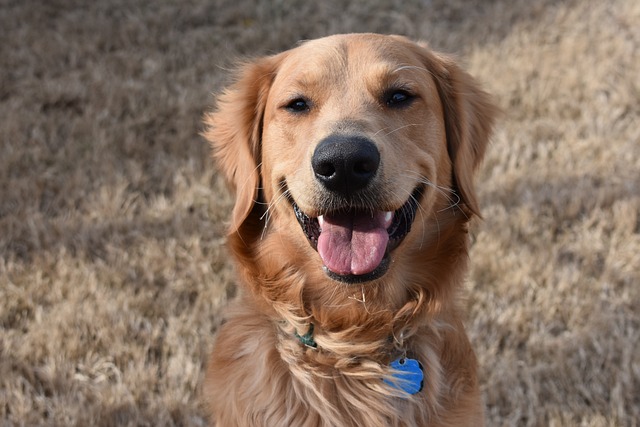
How to properly train a golden retriever?
Bringing a golden retriever home feels like unwrapping a bundle of sunshine—until that adorable fluffball starts chewing your favorite sneakers.
Picture this: You come home after a long day at work, excited to relax with your furry friend. But as soon as you open the door, that unmistakable ammonia - like smell hits you—your dog has peed inside again. It’s a frustrating situation many US dog owners face, especially those with young puppies or older dogs. So, what smell stops dogs from peeing inside? Let’s dig into the science and find out.
Dogs rely heavily on their sense of smell. Their noses have up to 300 million olfactory receptors (compared to our 6 million), making scents a powerful form of communication and territorial marking. Certain smells can act as deterrents because they signal potential danger or an already - claimed territory. For example, citrus scents like lemon and orange contain compounds that dogs generally find unpleasant. Vinegar’s acidic smell can also disrupt their urge to mark, as it masks the familiar odor they’re trying to leave behind. Essential oils, on the other hand, can be tricky. While some, like eucalyptus, might repel dogs, many are toxic if ingested, so caution is key.
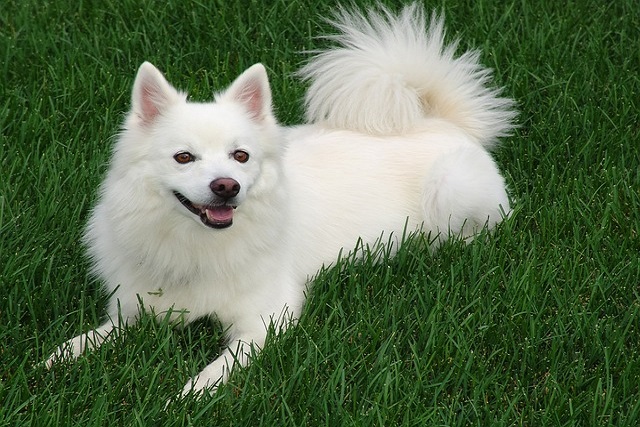
To use these smells effectively, start by thoroughly cleaning any existing pee spots with an enzymatic cleaner. This removes the urine’s chemical signature, which dogs use to identify a place as a “toilet.” Then, you can create natural deterrents. Mix a few drops of lemon juice in water and spray it around problem areas. Just make sure your dog doesn’t lick the sprayed surfaces, as too much citrus can upset their stomach. Another option is placing cotton balls soaked in diluted vinegar near corners where they tend to pee. Remember, consistency is crucial. Reapply the scents regularly, especially after cleaning, to maintain the deterrent effect.
In the US, addressing indoor peeing is part of being a responsible pet owner. First and foremost, never use physical punishment if your dog has an accident. Yelling or hitting can create fear and anxiety, which might actually make the problem worse. Instead, focus on positive reinforcement. When your dog pees outside, celebrate with treats, belly rubs, and lots of praise. Also, keep up with your dog’s vaccinations as required by law; a urinary tract infection could be causing indoor accidents, and regular vet check - ups can catch health issues early.
For apartment dwellers, managing indoor pee smells is extra important to maintain good relations with neighbors. Be proactive about taking your dog out frequently, especially after meals and naps. And when you’re out in the community, always clean up after your dog on sidewalks, parks, and other public areas. By combining scent deterrents with positive training and responsible pet ownership practices, you’ll be well on your way to a pee - free home and a happier, more harmonious life with your four - legged friend.

Bringing a golden retriever home feels like unwrapping a bundle of sunshine—until that adorable fluffball starts chewing your favorite sneakers.
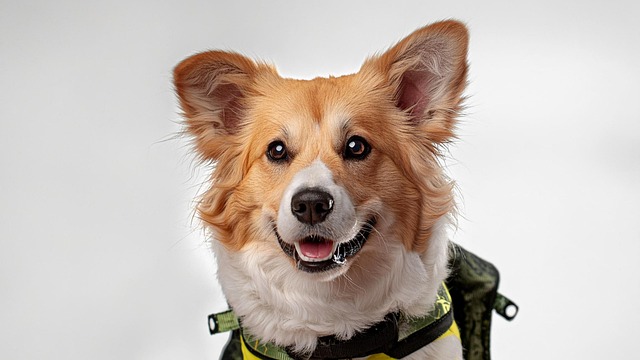
Picture this: You’ve just brought home your 8-week-old golden retriever, and within hours, your favorite shoes are chewed, there’s a puddle by the sofa
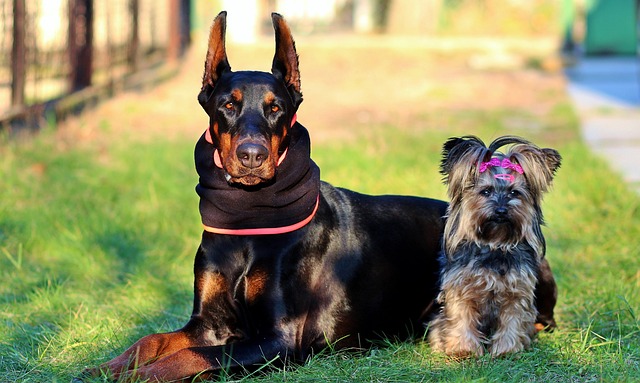
You’re at the park when your terrier spots a squirrel. Instead of lunging, he glances at you—victory! You reach for a treat, but that generic biscuit earns a bored sniff.
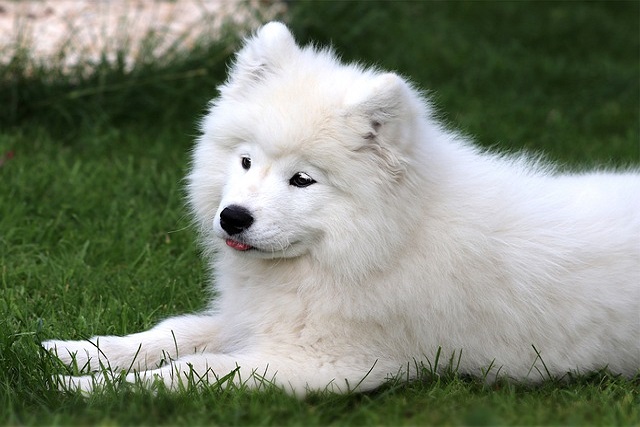
Picture coming home to find your new terrier puppy has shredded your favorite sneakers—again. Your first instinct might be to yell, but hold that thought.
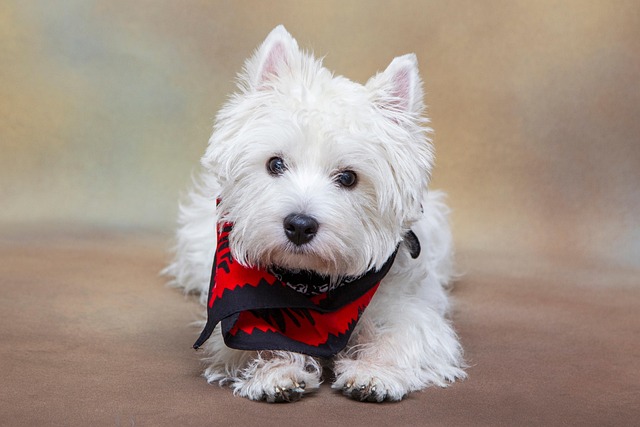
Bringing a new puppy home feels like unwrapping a ball of fur filled with endless energy and curiosity. Amidst the excitement, there’s one concept every pet parent should know: the 10 minute rule.
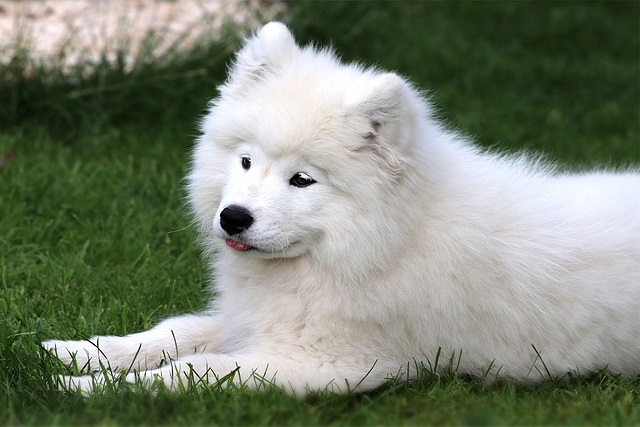
There’s nothing quite like the heart-melting joy of bringing home a wiggly new puppy—until you step in a warm puddle by the sofa.